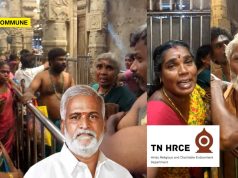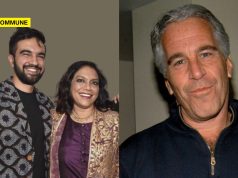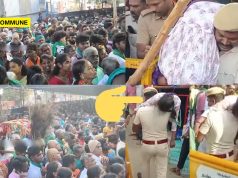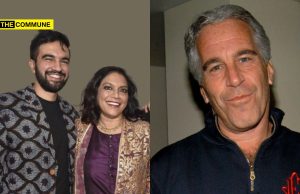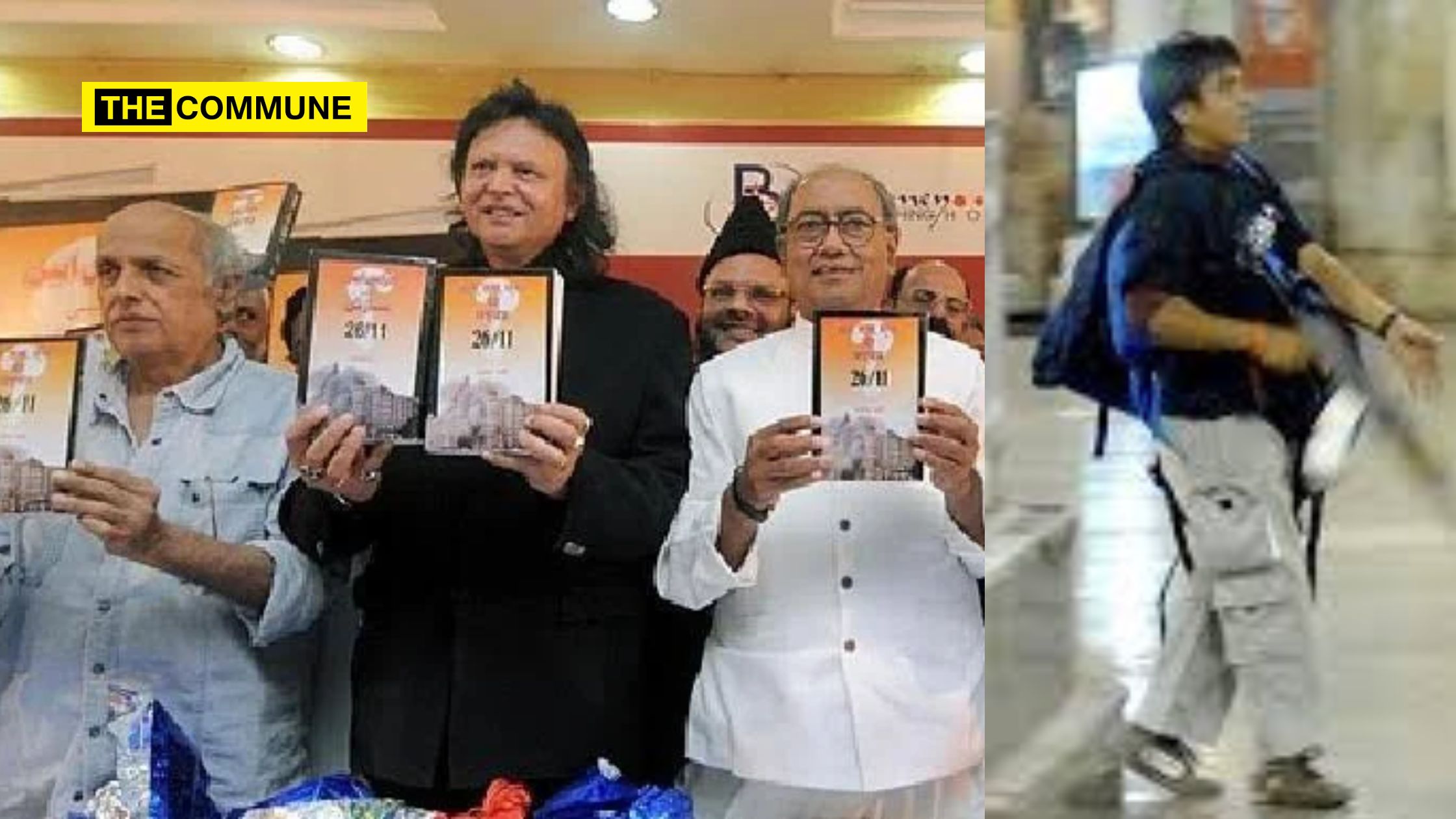
During the aftermath of the 26/11 Mumbai terror attacks, while global attention focused on Pakistan’s involvement, certain leaders within the Congress party and their affiliated circles propagated baseless conspiracy theories accusing the Rashtriya Swayamsevak Sangh (RSS) of orchestrating the attacks. Years later, it is well-documented how Congress leaders promoted the narrative of ‘saffron terrorism’ to implicate the RSS in the 2008 carnage, despite overwhelming evidence pointing to Pakistan-based terrorist group Lashkar-e-Taiba (LeT).
One of the prominent figures amplifying this narrative was Aziz Burney, the Group Editor of Sahara Publications, which included outlets like Roznama Rashtriya Sahara and Bazm-e-Sahara. Burney authored a controversial book titled 26/11 RSS Ki Saazish? (26/11: An RSS Conspiracy?), which alleged that the RSS had conspired in the terror attacks. The book’s English edition, titled 26/11: Biggest Attack in India’s History, presented what Burney claimed was an “alternative view” of the events.
Congress leader Digvijaya Singh played a significant role in endorsing Burney’s work. Singh inaugurated the book on two separate occasions—in Delhi and Mumbai—publicly aligning with its controversial claims. During one of these events, Singh alleged that Hemant Karkare, the Maharashtra Anti-Terrorism Squad (ATS) chief who was killed during the attacks, had contacted him just two hours before the siege, reportedly expressing distress over threats he faced while investigating the 2008 Malegaon blast, a case in which so-called ‘Hindu extremists’ were accused. Singh’s statements diverted blame from Pakistan and suggested a connection between the RSS and the terror attacks.
Burney authored book and editorials that accused not just the RSS but also the CIA and Mossad of involvement in the 26/11 attacks, effectively giving a clean chit to Pakistan and its Inter-Services Intelligence (ISI). In one particularly inflammatory claim, Burney alleged that the Indian Army was responsible for ATS chief Karkare’s death. He further implicated RSS leaders and Gujarat’s then Chief Minister Narendra Modi in the attack, without presenting credible evidence. According to Burney, Karkare was killed by “high-ranking individuals in the Mumbai police” with the help of the Indian Army.
Burney also propagated bizarre and disproven theories, such as Mumbai police constables firing shots at CST station and BJP members staging Ajmal Kasab’s capture for CCTV cameras. These claims were outright refuted in court, as credible evidence, including testimony from Times of India photojournalist Shriram Vernekar, established Kasab’s identity and actions during the attacks.
Burney’s close ties with Congress leaders further complicated matters. He reportedly shared a strong rapport with then Prime Minister Dr. Manmohan Singh, who had previously felicitated Burney and his Urdu publication Roznama Rashtriya Sahara for contributions to regional journalism. Burney was even part of the official Indian delegation during Dr. Singh’s visits to France and Egypt in 2009. At the time, speculation arose about Burney potentially receiving a Rajya Sabha nomination under the UPA government.
Despite his proximity to Congress leadership, Burney faced legal challenges for his incendiary allegations. In August 2009, social worker Vinay Joshi filed a defamation case against Burney for spreading false conspiracy theories in Sahara publications. A Mumbai court found that Burney lacked any evidence to substantiate his claims against the RSS. Under pressure, Burney issued a public apology in his newspapers for linking the RSS to the 26/11 attacks. He even offered to rename his controversial book. However, the RSS rejected his apology, maintaining that Burney’s baseless accusations had caused irreparable harm.
This episode highlights how, even amidst the clear culpability of Pakistan in the 26/11 attacks, certain political figures and affiliated entities sought to manufacture narratives aimed at vilifying domestic groups like the RSS. These actions not only undermined the truth but also detracted from the global fight against terrorism by shifting focus away from the real perpetrators.
(With inputs from OpIndia)
Subscribe to our channels on Telegram, WhatsApp, and Instagram and get the best stories of the day delivered to you personally.

